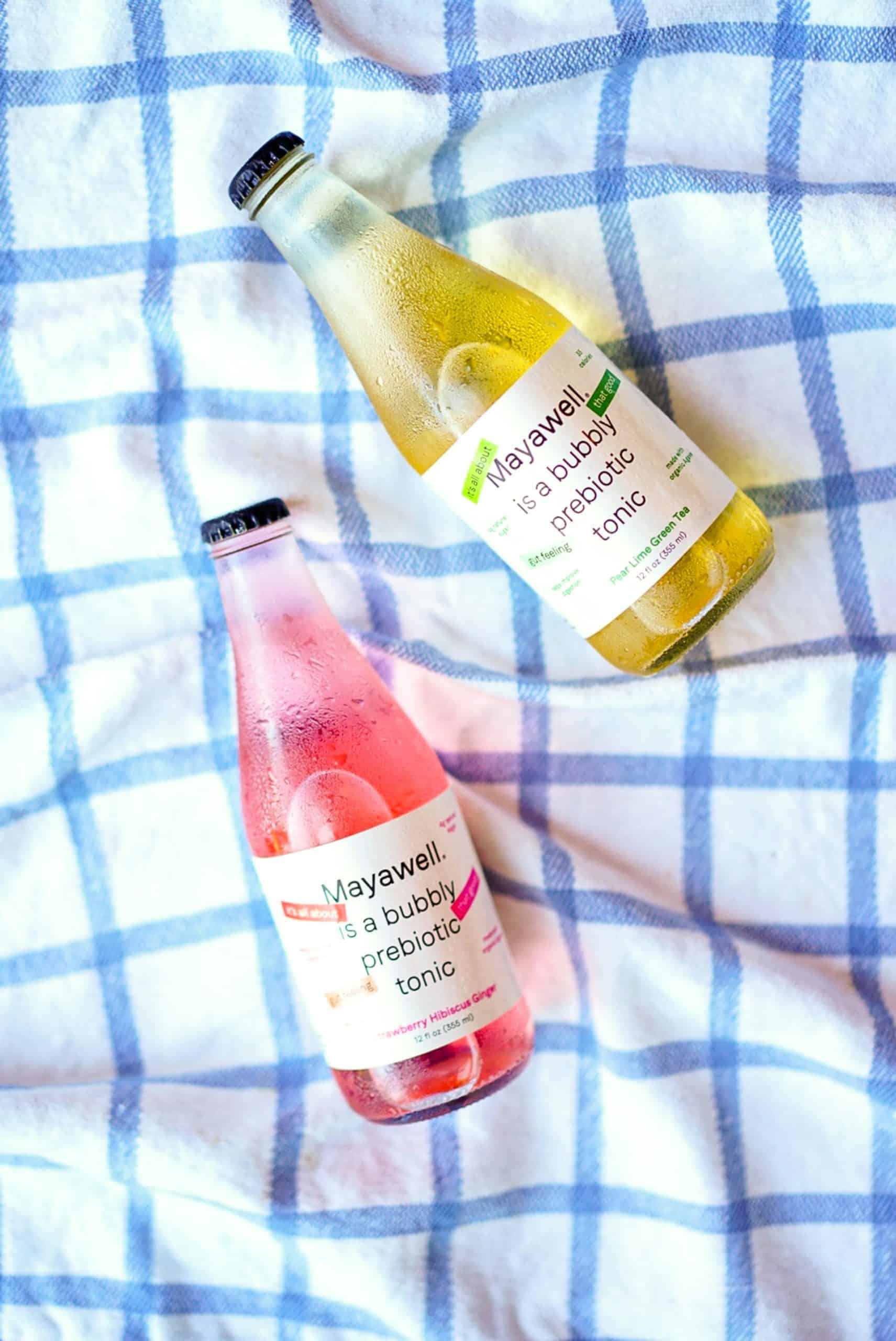In recent years, the link between our gut health and mental well-being has become a hot topic in the field of health and wellness. An array of studies have uncovered fascinating insights into how the balance of bacteria in our gut, known as the gut microbiota, can influence our mood and mental state. Specifically, the role of prebiotics, a type of non-digestible fiber that fuels beneficial gut bacteria, has been highlighted. One question that many are asking is: can consuming prebiotic-rich foods alleviate the symptoms of anxiety?
Understanding the Gut-Brain Axis
Before we delve into the heart of the matter, it’s essential to understand the basics of the gut-brain axis. This is a two-way communication system between our digestive tract and the brain. It’s an intricate network of signals and pathways that influence one another. In essence, what happens in your gut doesn’t stay in your gut – it communicates with your brain, affecting your mental state and emotions.
A lire également : What Are the Best Practices for Creating Allergy-Free Public Spaces?
Recent research has thrown light on the role of gut microbiota in this axis. These trillions of bacteria living in our intestines might be tiny, but they have a tremendous impact on our health, including our mental health. By producing various neurotransmitters, the gut microbiota can send signals to the brain, influencing our mood and behavior.
The Role of Prebiotics in Gut Health
Prebiotics are a type of dietary fiber that our bodies cannot digest. They pass through the digestive system to the colon, where they are fermented by the gut bacteria. This fermentation process results in the production of short-chain fatty acids, which are vital nutrients for our gut cells. Thus, prebiotics act as fuel for the beneficial bacteria in our gut, helping to maintain a healthy balance of microbiota.
En parallèle : How Do Diaphragmatic Breathing Techniques Improve Vagal Tone?
Common prebiotic-rich foods include whole grains, bananas, onions, garlic, and asparagus. By incorporating these foods into our diet, we can support the health and diversity of our gut bacteria.
Prebiotics, Anxiety, and the Brain
Now, let’s address the crux of the issue: the relationship between prebiotics, anxiety, and brain health. A growing body of research suggests that prebiotics may have anti-anxiety effects.
In one study, participants who received a prebiotic supplement for three weeks reported less anxiety compared to a placebo group. Their cortisol levels, a stress hormone, were also lower, indicating a potential stress-reducing effect. However, while the findings are promising, the study’s authors cautioned that more research was needed.
In another study, researchers found that a diet high in prebiotics led to changes in the gut microbiota associated with improved brain health. Participants on the prebiotic diet showed lower levels of anxiety and better cognitive performance compared to the control group. This study provides further evidence of the potential mental health benefits of prebiotics, though again, more research is essential to confirm these findings.
Prebiotics as a Potential Treatment for Anxiety
The possibility of using prebiotics as a treatment for anxiety is an exciting prospect. The traditional approach to managing anxiety involves medications and therapy, which, while effective, can also have side effects and limitations. The idea of using natural, food-based interventions to support mental health is appealing and aligns with the growing desire for holistic, integrative approaches to health.
However, it’s essential to note that while the research is promising, prebiotics are not a cure-all. Their impact on anxiety may vary from person to person, depending on various factors, including the individual’s overall diet, lifestyle, and gut microbiota composition. As always, it’s crucial to consult with a health professional before making significant changes to your diet or starting any new treatment.
While the research into prebiotics and anxiety is in its early stages, it’s clear that our diet and gut health play a potentially significant role in our mental well-being. As research progresses, we may discover new ways to harness the power of prebiotics for mental health benefits. But for now, it seems that including more prebiotic-rich foods in our diet is a step in the right direction for overall health.
Clinical Trials on Prebiotics and Anxiety
Clinical trials are a fundamental step in understanding the true effect of any potential treatment, including prebiotics. These trials provide empirical evidence on the effectiveness and side effects of any given treatment. They are conducted in a controlled environment, which helps to eliminate any potential biases and ensure the results are accurate and reliable.
A systematic review of multiple clinical trials and studies on prebiotics and their impact on anxiety reveals a promising trend. For instance, one clinical trial focused on patients with irritable bowel syndrome, a condition often linked with anxiety and depression. The patients were given a high prebiotic diet over several weeks, and the results indicated an improvement in their anxiety symptoms compared to the placebo group.
Another trial conducted on healthy volunteers examined the effect of a prebiotic supplement on the gut-brain axis. The trial participants who consumed the prebiotic supplement reported lower levels of anxiety stress and an improved mood. However, researchers noted that these effects were more pronounced in individuals with specific gut microbiome profiles, underscoring the important role of personalized nutrition in managing anxiety.
Despite these encouraging results, it’s essential to recognize that the number of such clinical trials remains limited, and more rigorous, large-scale research is needed to consolidate these findings.
Conclusion: The Future of Prebiotics in Mental Health
In conclusion, the connection between gut health and mental health is undeniable. The gut microbiota and the gut-brain axis play a critical role in our mood, behavior, and overall mental well-being. Consuming a diet high in prebiotics can support a healthy gut microbiome, which, in turn, may help alleviate symptoms of anxiety and depression.
While the results from various studies and clinical trials are encouraging, it is clear that more research is needed. Not everyone may experience the same benefits from prebiotics due to individual differences in gut microbiota, lifestyle factors, and overall diet.
Nonetheless, the idea of integrating a prebiotic diet as part of a holistic approach to mental health management is exciting. As we continue to unearth the complex relationships between our diet, gut health, and mental well-being, we can hope to discover more food-based interventions that can help manage mental health conditions like anxiety.
The evidence so far suggests that prebiotics could potentially be an effective, natural, and side-effect-free treatment for anxiety. However, before incorporating prebiotics as a regular part of your diet or treatment plan, always consult with a health professional.
Today, on July 4, 2024, the understanding of prebiotics and their impact on anxiety is still evolving. As we continue to unravel the complexities of the gut-brain relationship, one thing is clear: our diets play a crucial role in our mental health. So, until more definitive research is available, it seems wise to include more prebiotic-rich foods in our daily meals for an overall healthier lifestyle.











